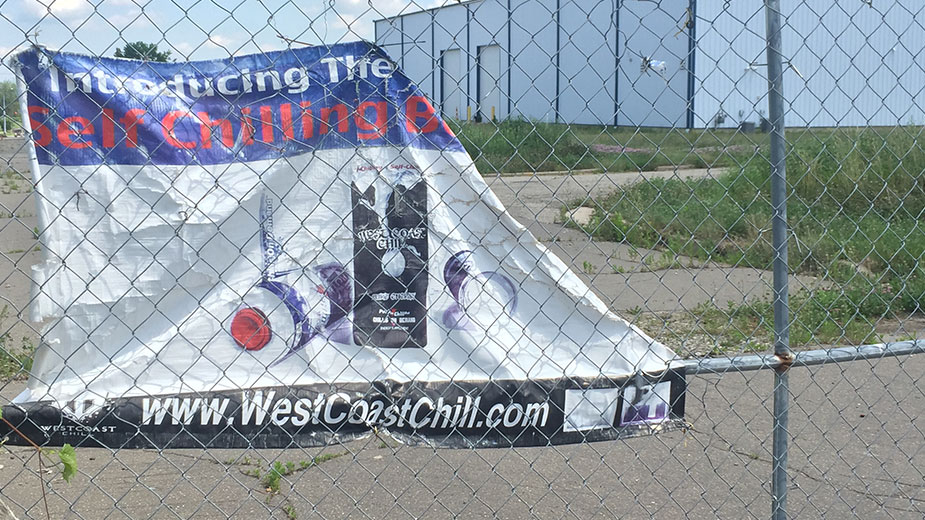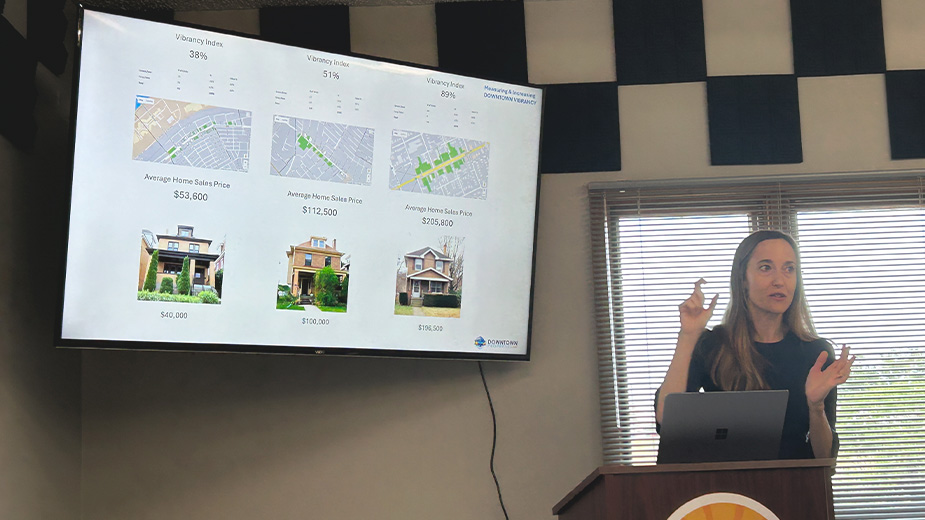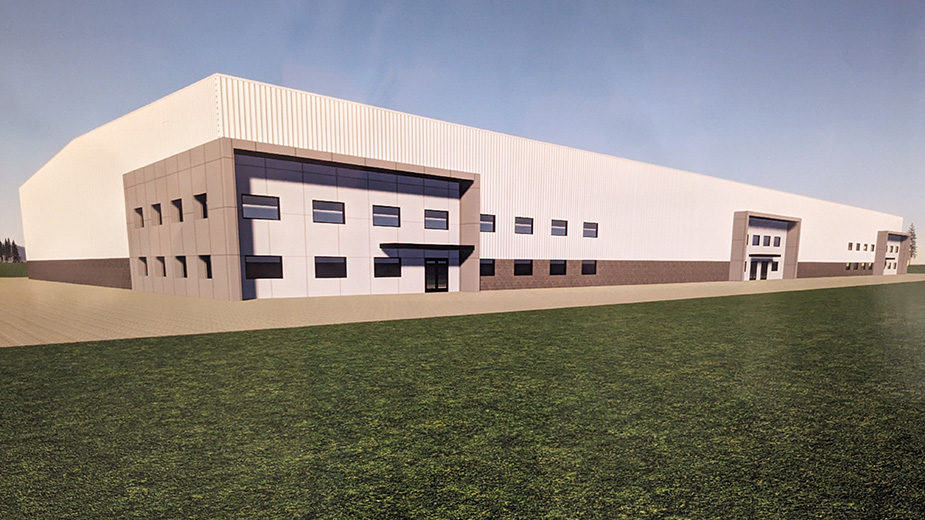Chill-Can Developer Denies City’s Allegations, Says Youngstown at Fault
YOUNGSTOWN, Ohio – Any financial damages the city sustained because of the stalled Chill-Can project were brought about because of its own negligence, and not the fault of the project’s developer, according to papers filed in Mahoning County Common Pleas Court this week.
Late Monday, M.J. Joseph Development Corp. filed its answer to the city’s counterclaim that the company owes it $2.8 million in monetary damages for breaching two development agreements the parties signed in 2017.
M.J. Joseph Development argues that if the city suffered any damages, which the company denies, they were caused “in whole or in part, by the defendant’s own negligence and fault.”
Any other damages the city claims it suffered were caused because of either third parties or by “unforeseeable, independent, intervening and/or superseding events,” documents say.
The company has requested that the court dismiss the city’s claims at cost to the city.
“It looks like this is nothing but obfuscation and delay,” said Jeff Limbian, the city’s law director. “We’re looking forward to airing our grievances in court.”
Limbian said the next step is for the court to schedule a plan going forward with hearings and a trial date.
“I can assume we will see an expedited resolution to this matter,” he said.
The case is assigned to Mahoning County Common Pleas Court Judge R. Scott Krichbaum.
The company’s response is the latest legal filing in an ongoing dispute between the city and Irvine, Calif.,-based M.J. Joseph Development, which in November 2016 broke ground for a $20 million campus on the East Side for its Chill-Can product. The project called for the construction of three buildings that would serve as a manufacturing, bottling and warehousing operation to support production of the world’s first self-chilling beverage can.
However, little progress has been made since. The city in March notified the company that it was in default of a development and an enterprise zone agreement negotiated in 2017 with the promise that M.J. Joseph would complete the project and bring at least 237 jobs to Youngstown.
According to the city, the agreements stipulate the project should have created at least 150 jobs by spring 2021, with the remaining employees hired in place by August 2021.
Aside from some security and temporary construction positions, few people have been hired and the three buildings constructed at the site sit idle. Weeds clog much of the property, some growing high enough to obscure the Joseph Co. International sign at the development’s entrance along Himrod Avenue.
Moreover, a single can has yet to be produced.
The city warned the company in March that it needed to make good on its promises or face legal action that could result in the city seeking to reclaim a $1.5 million development grant, land used for the project, cancellation of a property tax abatement worth 75% over 10 years, and recouping losses it incurred through demolition and relocation expenses used to prepare the site.
The city rejected an offer of a $250,000 payment from M.J. Joseph Development to resolve the matter. There have been no discussions since.
On May 25, M.J. Joseph filed papers in court denying it breached the agreements and argued the city did not have the authority to reclaim money or land.
The city filed a counterclaim June 17 seeking to recover $1.5 million in development grant money, $414,948 in property acquisition and relocation costs, and $318,523 in demolition and abatement expenses. In addition, the city estimates it lost $575,000 in projected income tax from the promised jobs that never materialized.
The city has also requested that the court issue a declaratory judgment that Joseph Development is in default of its agreements and that the city be able to “declare all secured collateral immediately due and payable” and have the “right to enforce payment.”
M.J. Joseph Development has denied the city’s allegations in its latest response. Previously, the company argued that delays on the project were caused in part because of ramifications of the COVID-19 epidemic.
“It doesn’t change the facts, and we hope the right thing will happen when we get into the courtroom,” Limbian said.
Brian Kopp, M.J. Joseph Development’s attorney, did not respond to an email seeking comment.
The ambitious Chill-Can project was launched by M.J. Joseph Development CEO Mitchell Joseph, who also envisioned a sprawling, $20 million campus dedicated to research and development of self-chilling technology for other applications. Early renditions even included plans for a helicopter pad.
To accomplish this, the city and Joseph cobbled together small lots along Lane Avenue totaling 22 acres, near where Joseph’s family operated the Starr Beverage Co. during the 1920s through 1970.
The city awarded Joseph the incentives and had to relocate about a dozen residents that lived in the neighborhood.
Copyright 2024 The Business Journal, Youngstown, Ohio.



